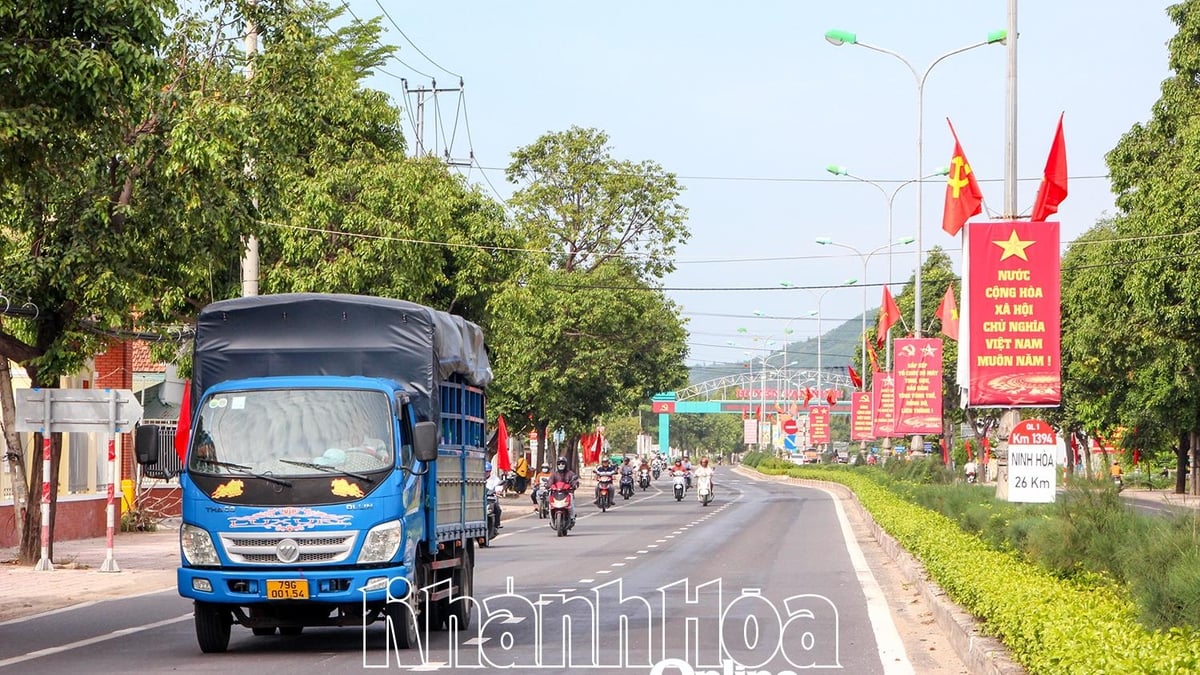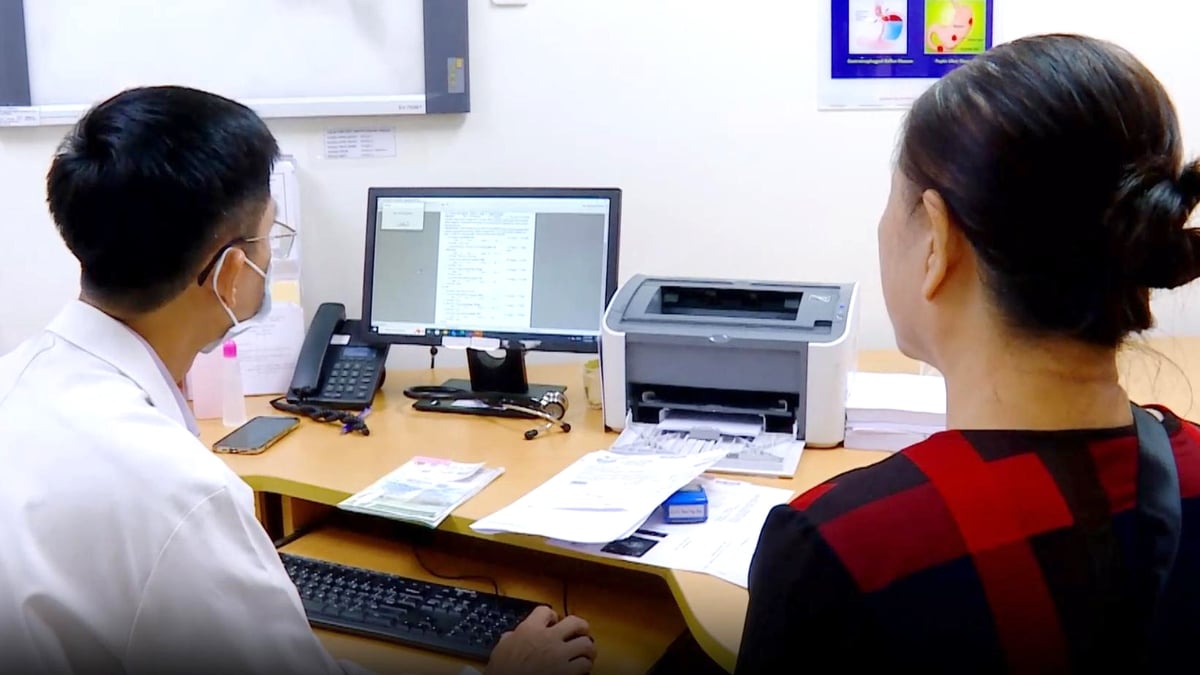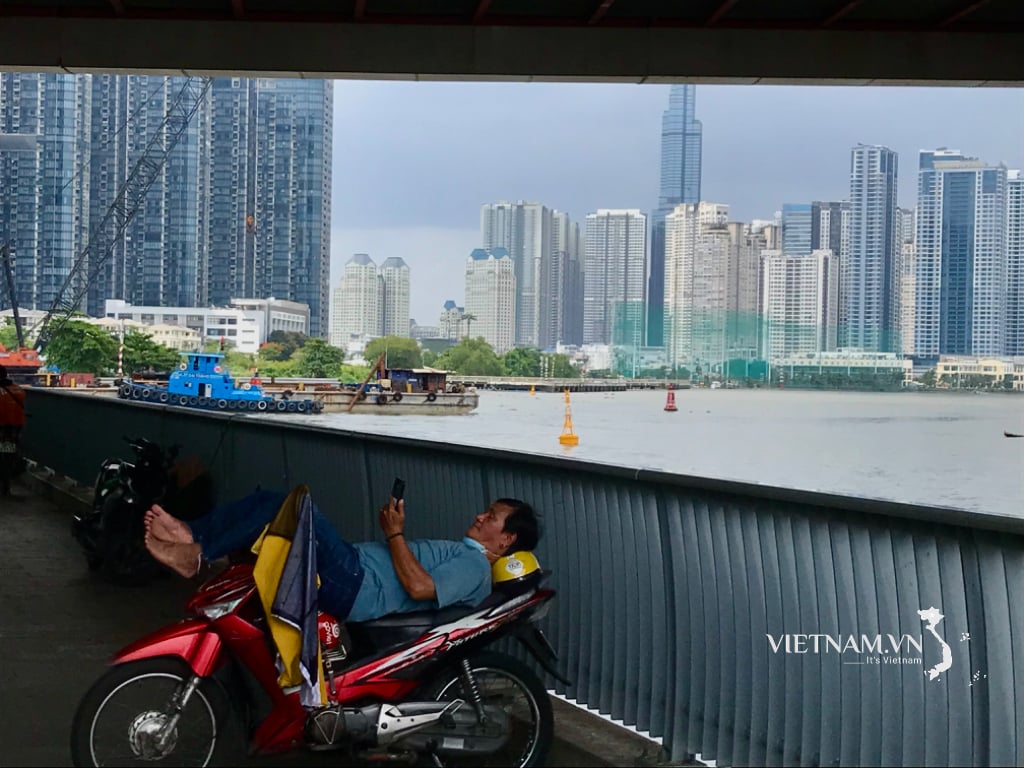Discussing at the National Assembly hall about the draft Law amending and supplementing a number of articles of the Law on Technical Standards and Regulations on the morning of May 10, delegate Tran Thi Van (Bac Ninh) said that the Vietnam Federation of Commerce and Industry has organized many scientific seminars to analyze, evaluate and clarify the impact of regulations on conformity declaration on goods and products, with the participation of associations representing hundreds of member enterprises.
"They have a common recommendation to abolish the regulation on conformity declaration for goods and products. There are too many opinions reflecting the inadequacies, inconveniences, and waste from the practical application of the law. Through consulting international experience, no country in the world applies the regulation on conformity declaration like Vietnam. We need to seriously absorb and abolish this regulation," said Ms. Van, suggesting to abolish the regulation on conformity declaration completely instead of keeping a part as in the draft law review report.

Delegate Tran Thi Van. (Photo: National Assembly Media)
Explaining this proposal, Ms. Van said that the current regulations on conformity declaration are just formalities, overlapping and unnecessary. Group 2 products are goods that are manufactured and traded under conditions that have been fully assessed and certified according to legal standards or international systems such as ISO and GMP.
Meeting these standards means that the business has been guaranteed the conditions of the quality control process. Forcing them to repeat the entire sampling and assessment process to declare conformity just to confirm what has already been confirmed is unreasonable and wasteful.
Furthermore, current regulations on conformity declaration only focus on controlling individual activities, through a sample that the enterprise goes for testing. Enterprises can cope by making good samples for testing but mass production is not good.
"This is a loophole for some fraudulent businesses to bring substandard and counterfeit goods to the market, like the recent case of 600 fake milk labels," said delegate Tran Thi Van.
According to Ms. Van, the regulation on conformity declaration also creates additional administrative procedures and business conditions, increases costs, waiting time and reduces the competitiveness of domestic enterprises' goods.
“Just to complete a product conformity declaration procedure, businesses have to pay an average of 3 to 5 million VND, even up to 15 to 30 million VND in some cases. It is worth noting that this procedure must be repeated every 3 years, creating a continuous cycle of waste,” said a delegate from Bac Ninh.
For example, for a factory with about 300 to 500 products, the cost can increase to 1.5 - 2 billion VND. In addition, each product is only declared compliant for one factory, meaning that businesses with many production facilities must repeat the procedure.
“This causes systematic waste. Not only is it costly, but the declaration of conformity also delays the production and distribution cycle, directly affecting the speed at which made-in-Vietnam goods reach the market,” said Ms. Van.
Also discussing the declaration of conformity, delegate Nguyen Thi Viet Nga (Hai Duong) agreed with the addition of the principle that each product, commodity, service, process or environment is only regulated by one unified technical regulation nationwide, except in cases of decentralization and delegation of authority according to the provisions of law in the draft law.
In addition, the bill also stipulates cases where conformity declaration is not required when the requirements and corresponding management measures in specialized laws are met.
Explaining and clarifying a number of issues raised by delegates, Deputy Prime Minister Nguyen Chi Dung said that regulations on conformity declaration are a tool to manage the quality of goods before they are put into circulation: "If we do not have standards for management and supervision, including pre-inspection, not to mention post-inspection, it will immediately affect the health and safety of the people, the community, and the environment."

Deputy Prime Minister Nguyen Chi Dung. (Photo: National Assembly Media)
“All countries have those issues, such as the international standardization organization ISO 1750, the European Union or other countries like China, Korea... all have those things, so we must have them too,” said the Deputy Prime Minister, saying that the problem is what type of management we do, how much we do it, and how we do it to ensure state management of product quality before it is put on the market without affecting people's health.
However, regulations must be favorable for transparency and business operations, reduce costs, reduce compliance time and increase competitiveness for businesses and Vietnamese goods.
Deputy Prime Minister Nguyen Chi Dung gave an example: “About 30 years ago, there was a case of pho noodles containing formalin. At that time, we were very confused; and also because there were no regulations, each place managed differently, each place implemented differently. In Hanoi, each basket of pho noodles was stamped; but in Ho Chi Minh City, it was not like that. There were standards, regulations, conditions, and then post-inspection. The two methods were also different, and without that, we could not manage.
Or most recently, we have heard a lot of problems with fake milk, candy, drugs, and functional foods that are either fake or of poor quality. If we do not have these standards and regulations, how can we bring them to the market without affecting people's health ?
The Deputy Prime Minister emphasized: "We will review in that spirit, which means we can both manage and create for development in accordance with the latest directive of the Politburo and the Secretariat, so that we can both manage and meet development requirements."
Source: https://vtcnews.vn/national-congress-delegate-needs-to-open-600-loai-sua-gia-ban-ra-thi-truong-ar942492.html























































![[Maritime News] Container shipping faces overcapacity that will last until 2028](https://vphoto.vietnam.vn/thumb/402x226/vietnam/resource/IMAGE/2025/7/30/6d35cbc6b0f643fd97f8aa2e9bc87aea)













































Comment (0)